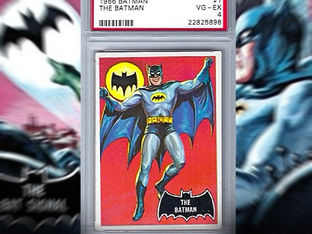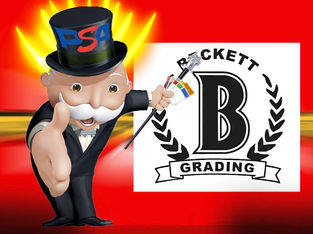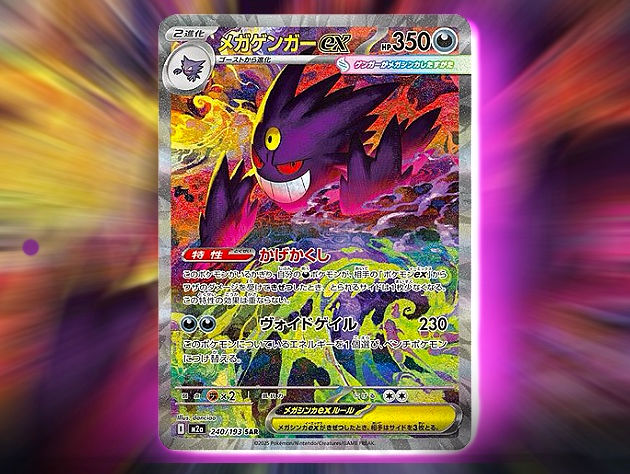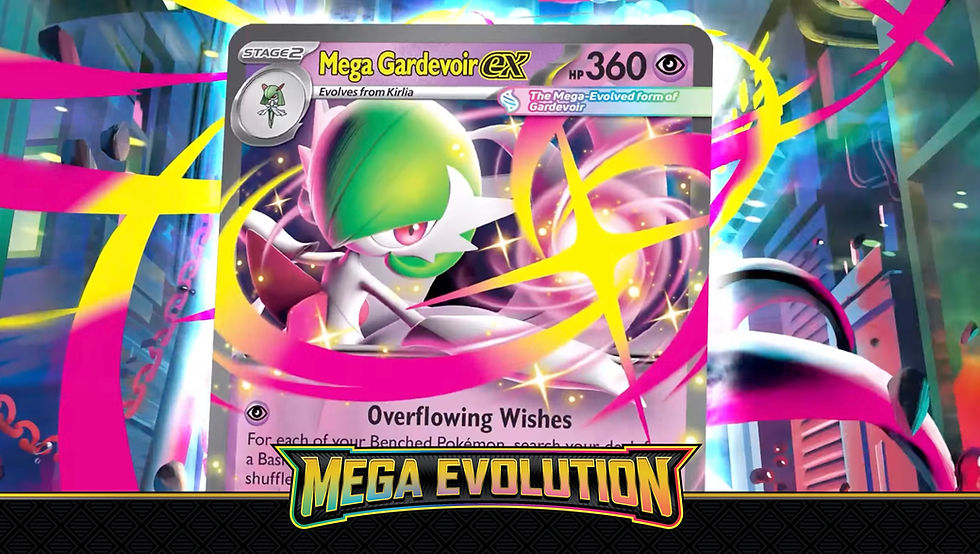Authenticity Concerns in Trading Cards: PSA, Topps, and Messi Autographs
- Paul Seviner

- Jun 3, 2025
- 3 min read
Updated: Aug 12, 2025
Recent events involving PSA, Topps, and Lionel Messi’s autographed cards are raising serious questions. These issues highlight concerns about authenticity and the integrity of the trading card industry. While Upper Deck is taking steps to combat patch swapping and counterfeits with a new authentication feature, Topps has been navigating the issue in its own way.
A Collector's Frustration
In May of this year, a collector faced a familiar headache: PSA refused to authenticate a Messi autograph on a 2024 Topps Finest MLS card. This isn’t an isolated incident. When the collector reached out, a Topps representative quickly pointed the finger at PSA. They claimed that Messi had recently changed his autograph style, and PSA hadn’t updated their standards accordingly.
As seen in an online chat transcript, the official line was: “Recently Messi has changed the style of his autograph, which it seems PSA has not updated their standards.” This situation has raised familiar concerns—blame the grading service, blame the player, but the core issue remains. Can collectors trust what they’re getting?
The Impact of PSA's Refusal
The story took a serious turn when PSA refused to authenticate the autograph on a Dynasty card pulled by David Rodriguez of Clarksville, Indiana. Then, a senior manager from Topps collector support responded in a March 28 email, which was viewed by The Athletic. They stated, “Following our investigation, we will proceed with remakes of the Topps Dynasty Lionel Messi cards.”
The use of the plural “cards” indicates that multiple Messi autographed cards within that set could be remade. This revelation raises pressing questions. Is this an admission of doubts about the original signatures? Could this lead to a flood of remade cards, effectively diluting the value of the set? Most critically, what does this mean for collectors? Are they buying authenticity or just chasing a concept of it?
Yet, we continue to see stellar Messi auto sales lately:
Expert Opinions and Speculation
Adding fuel to the debate, industry experts like Steve Grad—lead authenticator for Beckett and a familiar face on Pawn Stars—have floated theories without solid evidence. When asked on X whether Messi signed his cards in 2018, Grad replied, “It’s fairly well known he had a family member signing for him on and off for a few years.”
At that time, the controversy centered around Messi autographs on Panini cards. Some users online speculated it was Messi’s brother signing. However, with no verifiable proof, these claims remain speculation. The situation complicates the already murky waters around Messi’s autograph.
Fan Reactions and Future Implications
The waters are deep, and fans' fervor runs high when it comes to Messi's autograph.
This ongoing saga underscores a stark reality. In a market obsessed with high-dollar cards and scarcity, authenticity can sometimes be more of a marketing ploy than a guarantee. The controversy leaves buyers questioning whether their prized Messi cards are genuine or simply illusions crafted by hype and speculation.
The Industry's Ambiguous Response
The industry’s response has been far from clear. PSA often returns these cards unprocessed, citing signature style as the issue. Occasionally, they offer to replace the card with a new autograph. For many, this process can take up to two years—if it materializes at all. Meanwhile, the values of these cards swing wildly. Rodriguez’s replacements, featuring stars Yamal and Ohtani, are now worth nearly triple the original Messi card. Yet doubts continue to overshadow the authenticity of the signatures.
Critics argue that this ambiguity damages the hobby's reputation. It leaves collectors questioning every signature they chase. Until the industry sets clearer standards or confirms authenticity beyond speculation, the only certainty that remains is the stories behind each card. Collectors must contemplate whether they can truly trust its signature. In this high-stakes game, buyers and sellers alike have to ask: Is it real, or just another fleeting illusion?



















































































Comments